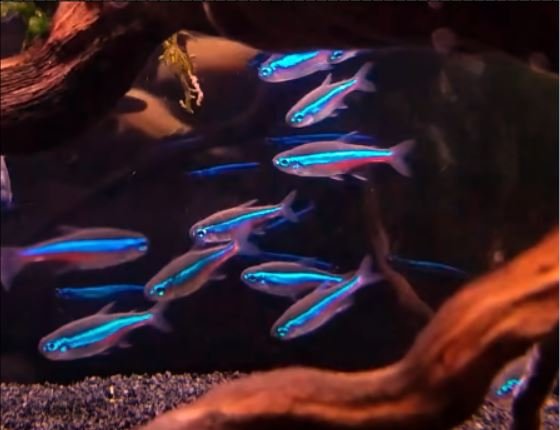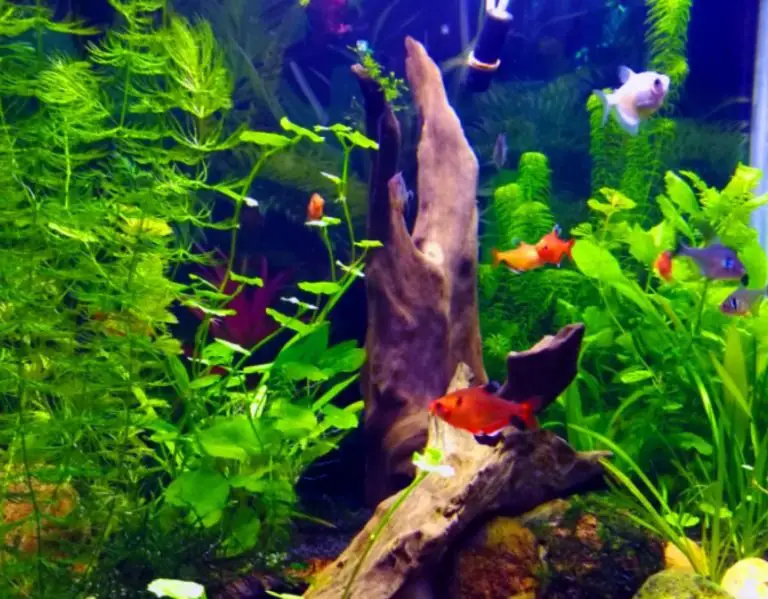Is Tap Water Safe for tetra Fish?
To have a happy Tetra gang, you need to think about a bunch of things like how many Tetras you have compared to how much water you have, what they eat, how warm the water is, and all sorts of other stuff. But one thing that people often forget is what kind of water to put in the tank.
Ignoring this could turn out to be a really bad idea because if the water quality is all over the place, it could end up killing your Tetras. Plus, some types of water are just not suitable for Tetras or any other fish, for that matter. So, it’s pretty important to pick the right kind of water if you want your Tetras to thrive.
Is Tap Water Safe for tetra Fish? No. Tap water might not be the best choice for your Tetras. The thing is, tap water has chlorine in it, which is not suitable for Tetras. Chlorine can harm your Tetras, so you need to be careful. Chlorine is added to tap water to kill off bacteria and other nasty things that can make us sick, but it can also be harmful to your Tetras.
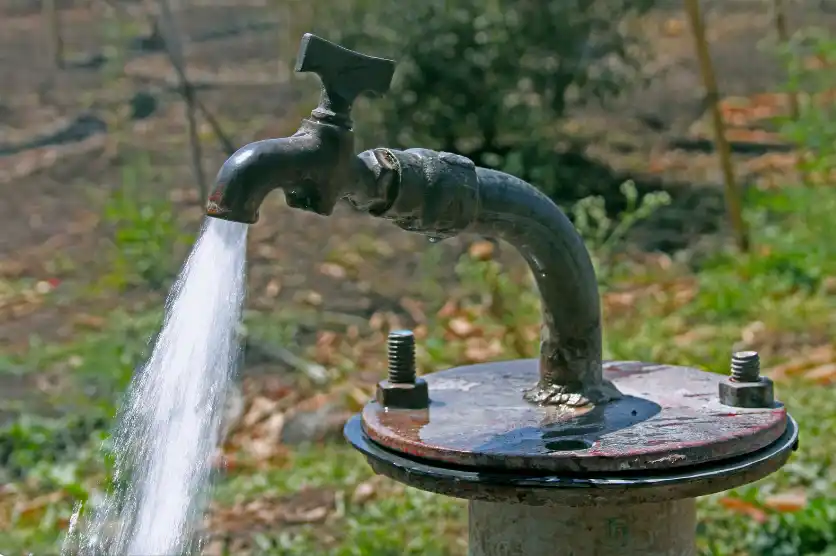
So, it’s a good idea to find a better alternative if you want to keep your Tetras healthy and happy.
Table of Contents
- How to dechlorinate tap water to make it safe for your Tetras?
- Can You Use Spring Water for the Tetra Tank?
- Is Distilled Water Good for Tetras?
- Is Well Water Safe for Tetra Fish?
- Changing Fish Tank Water for Tetras
- What are the Best Water Parameters for Tetras?
- Conclusion
How to dechlorinate tap water to make it safe for your Tetras?
If you want to make tap water safe for your Tetras, there are a few ways to do it. Here are some common methods:
- Add UV light to the water basket
This is an easy one. Just put the tap water in an open container and let it soak up some sun. It might take a while, at least 24 hours, but it’s a cheap and effective way to get rid of the chlorine.
- Boiling the water before adding it to the fish tank
If you are in a hurry, boiling the water can help evaporate the chlorine faster. It’s a simple process that degasses the water and gets rid of the chlorine.
- Use Vitamin C pills
Yes, you read that right. Vitamin C is a powerful de-chlorinator that can also remove chloramine. However, it takes quite a bit of vitamin C, around 40 mg per gallon of water, and can increase the pH levels in the tank.
- Professional de-chlorinator conditioner
This is probably the best option if you want to get the job done quickly and efficiently. Professional dechlorinators are specially designed to remove chlorine and other harmful chemicals from the water. Some even combat ammonia and nitrates, which is a bonus for your Tetras.
Can You Use Spring Water for the Tetra Tank?
The answer is yes. You can, but it’s not as simple as just grabbing a bottle of “fresh, clean, and healthy” water.
Natural spring water might seem like a good choice, but it’s not always safe for your Tetras. It can contain all sorts of contaminants, especially if it’s near cities or factories. You never really know where the water has come from or what it’s collected on its journey.
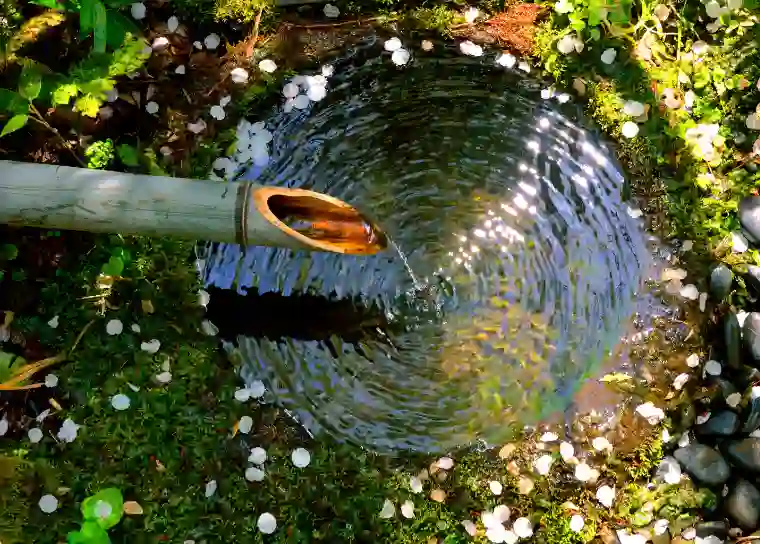
If you want to use spring water, it’s probably better to use commercially-sold spring water. But even then, you need to be careful.
The price and mineral content can vary a lot depending on the manufacturer. So, it’s a good idea to do some research before you buy to find the one that’s right for you and your Tetras.
Is Distilled Water Good for Tetras?
Distilled water is not suitable for Tetras. Although it may seem like a good option since it’s free of impurities and contaminants, it lacks essential minerals like calcium, magnesium, and iron that your fish need to stay healthy and happy in their environment.
These minerals are essential for the proper functioning of your Tetras’ nervous system and help stabilize the pH levels in your tank water. Without them, your Tetras could become stressed, sick, and may even die.
You should not use distilled water for your Tetra tank, even for water changes. However, you can use it to replace evaporated water in small quantities. To make it suitable for your Tetras, you need to add essential minerals to it.
This process is known as mineralization, and it will ensure that your Tetras have everything they need to thrive in their aquatic home.
Is Well Water Safe for Tetra Fish?
Using well water for your Tetras is not the best idea. There are two main reasons for this:
Firstly, there is a high risk of contaminants in well water. Because it’s not regulated, you can’t be sure if it’s free of harmful bacteria or other contaminants. It’s difficult to treat the water since you don’t know what it contains in the first place.
Secondly, well water has low oxygen levels, which means you need to aerate it before using it in your tank. This can be a hassle, especially when there are better options available.
Therefore, it’s best to avoid using well water in your Tetra fish tank and opt for safer alternatives.
Can You Use Rain Water in a Tetra fish Tank? No. Using rainwater in a Tetra tank is not the best option.
Although some people may think it’s natural and safe, it actually poses some risks:
- Rainwater can have varying pH that can harm your Tetras’ health.
- It has low mineral content that won’t provide your fish with the nutrients they need to thrive.
- Rainwater can contain contaminants and pollutants that are dangerous for your Tetras.
The issue with rainwater is that it’s difficult to regulate or control. Even if you live in a rural area with no factories or other sources of pollution nearby, pollutants can still travel through the air and mix with rainwater.
As a result, there’s no way to guarantee the safety and quality of the water for your Tetra fish tank. It’s best to explore other options that are more reliable and ensure your Tetras’ safety.
tinyfishtank
Changing Fish Tank Water for Tetras
Changing the water in your Tetra tank is an essential thing that isn’t too hard to do. Here are some things you should know about it:
Regular water changes are necessary to keep your Tetras healthy. Although your Tetras can tolerate some levels of dirty water, it’s important not to overdo it. Over time, dirty water can contain high levels of ammonia and nitrites that can be harmful to your Tetras. Plus, the oxygen levels will decrease, leading to additional issues.
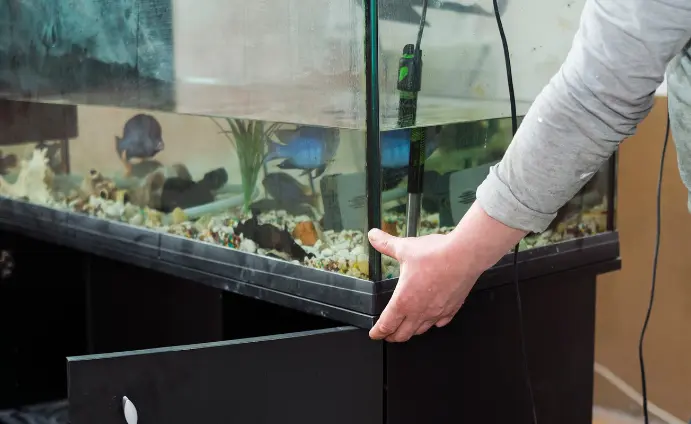
Avoid changing too much water at once. You may think you’re saving time, but large water changes can disrupt the tank water’s biofilm, removing essential minerals and helpful bacteria.
Be mindful of temperature changes. Sudden changes in temperature can affect your Tetras. Tetras are generally okay with some temperature variations, but it’s important not to make sudden changes.
Use a water conditioner. A good water conditioner will help remove heavy metals, ammonia, nitrites, and chlorine (if you’re using tap water). It’s essential to choose a reliable product to keep your Tetras safe.
What are the Best Water Parameters for Tetras?
Tetras are excellent fish that can adapt to different environments, but they still need a stable and balanced habitat to thrive in. It is ideal for providing them with tropical temperatures, flowing water, and a plant-rich environment.
It’s essential to keep your Tetras in ideal living conditions, and the best water parameters for them are:
- Tank Temperature
Keep the temperature between 72 to 82 °F. Drastic changes in temperature can cause Tetras to become stressed out and susceptible to illness. Extremely cold water can also lower their immune system and make them vulnerable to parasites and infections.
On the other hand, excessively warm water can cause low oxygen levels, leading to the suffocation of your fish.
- Water pH Level
Maintain a pH level between 6.8 to 7.8. Extreme variations in pH levels can stress out Tetras, making them more prone to diseases. An extremely low pH can turn the water acidic and directly kill your fish.
To keep the pH levels stable, you can add one teaspoon of baking soda to 10 gallons of water if it’s too low. You can use a carbon dioxide injector to lower the pH if it’s too high. Regular water changes and flourishing aquatic flora can also help maintain the pH levels.
- Maintain Water Hardness
Keep the water hardness between 8 to 12. Water hardness is directly related to the pH level. When one value increases, the other follows. To control water hardness, change 10-20% of the water every 5-7 days and maintain a clean habitat for your Tetras.
Aside from these parameters, monitoring the water for ammonia, nitrates, and nitrites is also essential. Ensure that the water contains 0 ppm ammonia, 0 ppm nitrites, and ten ppm nitrates.
Conclusion
The water in your Tetra fish tank is vital to their health and well-being. It’s like their own little world, and you want to make sure it’s as comfortable and safe as possible.
I suggest using tap water for your routine water changes, but make sure to only change 20-25% of the tank water at a time. Before adding it to the tank, be sure to remove any chlorine using a water conditioner. And don’t forget to keep an eye on the water parameters like temperature, pH, and water hardness.
Do not use any suspect water source for your tetra fish tank if you cannot get any guarantee. That is the only way to keep your tetra fish safe and healthy.
By doing these things, you’ll help create the perfect environment for your Tetras to thrive in, and they’ll show you their appreciation by being happy and healthy little tetras.
Related Articles: –
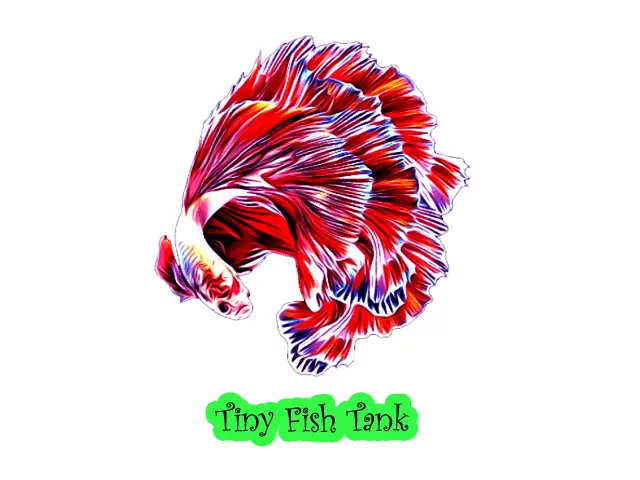
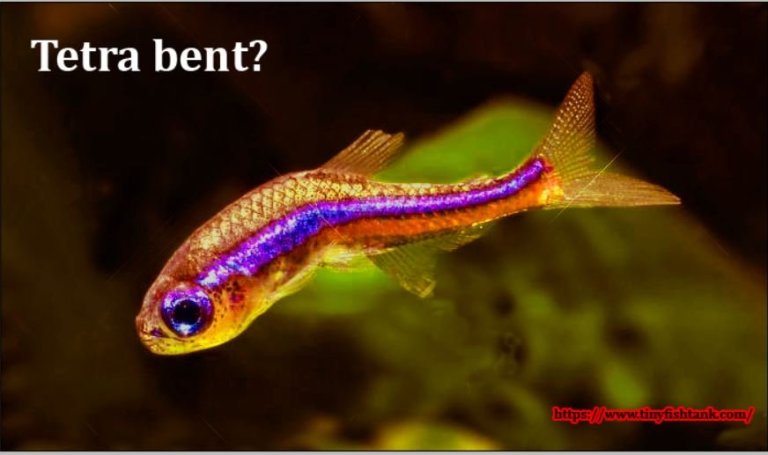
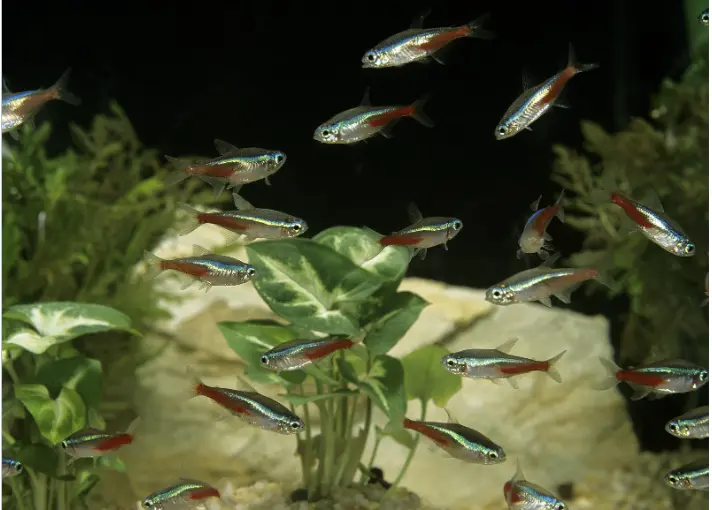
![Can Neon Tetras survive without food for a long time? [5 Hidden Tips]](https://www.tinyfishtank.com/wp-content/uploads/2021/04/Can-Neon-Tetras-survive-without-food-768x498.png)
![Can tetra and Siamese Algae Eaters Live Together? [10 Tips]](https://www.tinyfishtank.com/wp-content/uploads/2023/02/Can-tetra-and-Siamese-Algae-Eaters-Live-Together-768x505.webp)
